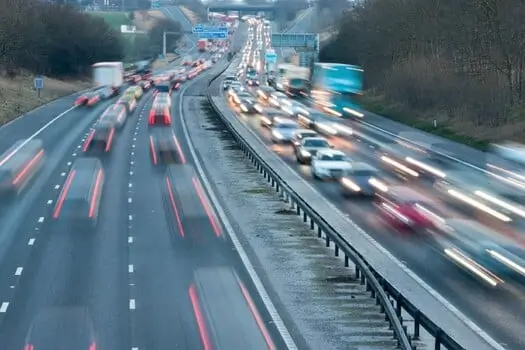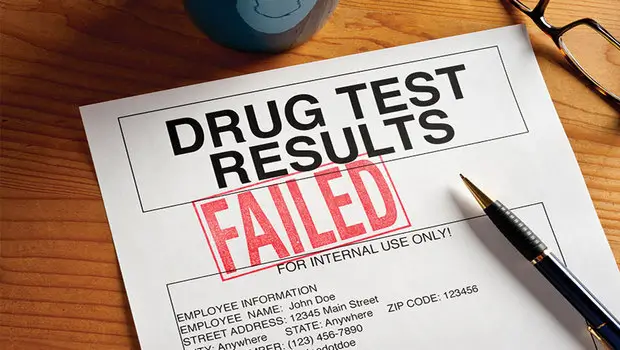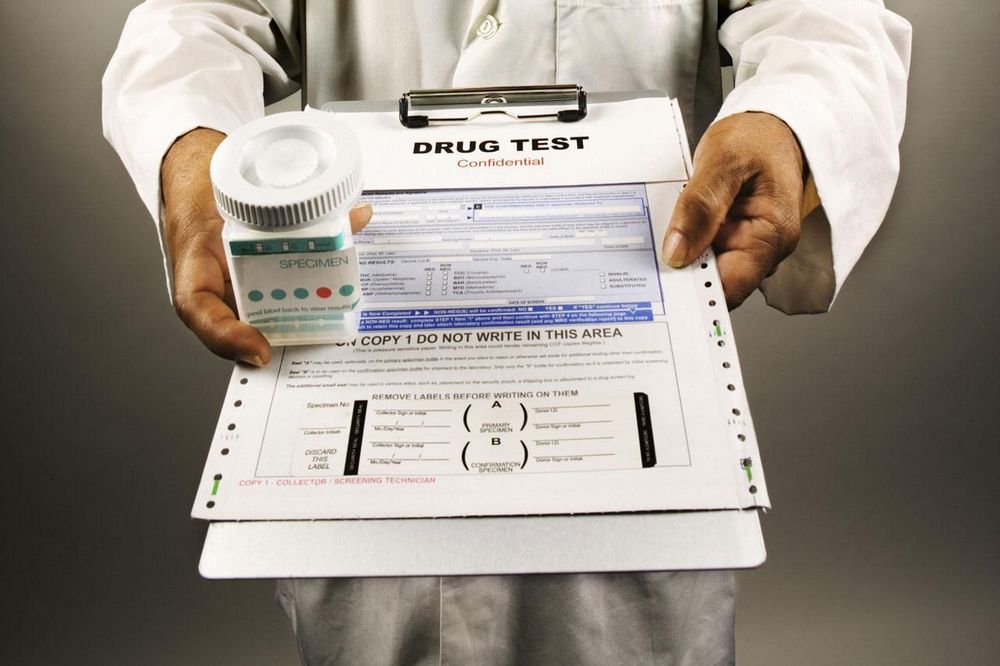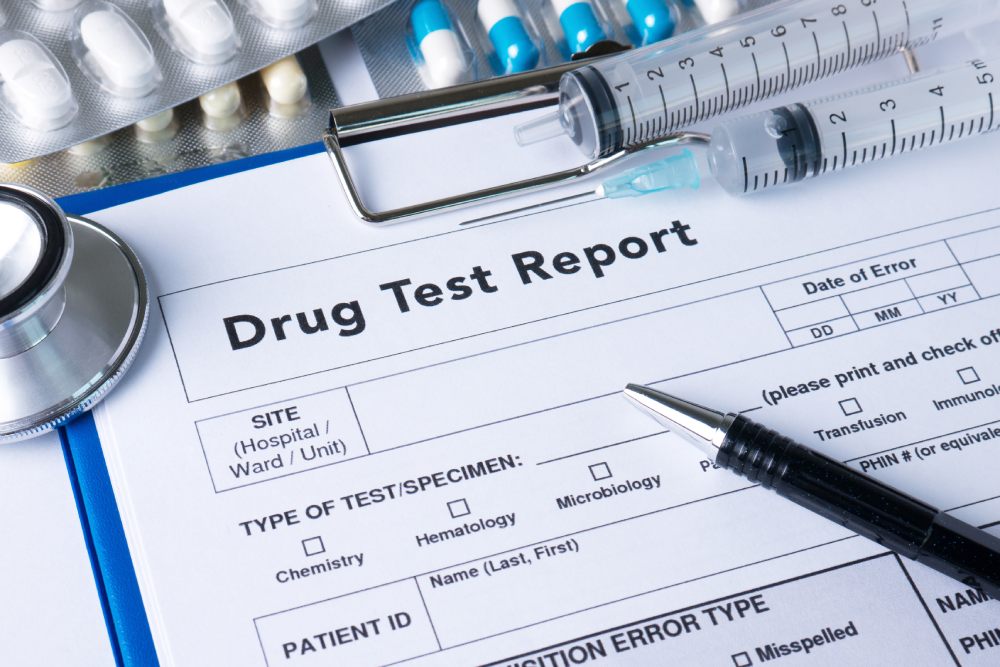
October 20, 2022

2656 Views

4 min read

January 27, 2023

2793 Views

5 min read
DOT violations can have significant financial and legal consequences, so staying on top of your compliance with the Federal Motor Carrier Safety Administration (FMCSA) is essential. Read on to learn more about what constitutes a DOT violation and what happens after one is committed.

DOT violations are any infractions of the laws and regulations set forth by the FMCSA that are designed to keep truck drivers, other drivers, and pedestrians safe on the road. Some common DOT violations include:

When a DOT violation is reported or discovered, the FMCSA will conduct an audit and/or investigation to determine the severity of the violation. If the violation is deemed severe, the driver or vehicle owner may face hefty fines, suspension of their CDL, and even criminal charges.
If the violation is less severe, it may still carry a hefty fine and other penalties. In addition to fines and possible jail time, a DOT violation can damage a driver’s or trucking company’s reputation, resulting in fewer clients and opportunities.
Before discussing the steps following a DOT violation, it’s essential to understand the difference between an audit and an investigation.
An FMCSA audit is a review of fleet safety records that measures compliance with the applicable regulations set forth by the FMCSA.
Audits are initiated by the FMCSA and typically occur annually or every two years, depending on the size of your fleet. On the other hand, an investigation is conducted in response to a complaint or suspicion of a violation. Investigations involve dedicated FMCSA personnel and resources.
If you or your company is found to have committed a DOT violation, it’s essential to take immediate action. Make sure to review your records from the time of the violation, as this information may be used to determine the severity or intent of the violation. Depending on the severity of the violation, you may need to take steps to improve safety standards or training methods.
Contacting a qualified and experienced lawyer for legal advice is important to understand your rights and legal process and represent you in court if necessary.

Failing a drug test is one of the most severe violations that a truck driver can face. The Department of Transportation (DOT) Drug and Alcohol Testing Regulation requires all commercial truckers to be tested for drugs and alcohol if they are involved in an accident or fail a random drug or alcohol test.
If you have failed a DOT drug test, you will be subject to strict penalties, including the possibility of losing your commercial driver’s license.
If you fail a drug test, the Medical Review Officer (MRO) will contact you and coordinate the next step. Depending on which drug or drugs were detected, different procedures must occur before you can return to work.
If the MRO determines that rehab or treatment is appropriate, you must complete a Substance Abuse Professional (SAP) evaluation. The SAP is a professional certified by the Department of Transportation who will evaluate your case and make treatment recommendations. The SAP’s recommendations must be followed for the driver to be cleared by the MRO to return to work.
Once the driver has completed any necessary rehabilitation or treatment programs, they must go through a return-to-duty process. This consists of a drug or alcohol test that must be completed and passed before the driver can return to work. It’s important to note that the driver must be in active drug and alcohol testing for at least one year following their return-to-duty test.
Failing a DOT drug or alcohol test has severe consequences for any commercial trucker. Depending on the severity of the violation, penalties could include the following:
Truck drivers must abide by strict regulations regarding the amount of time they can spend on the road, known as hours of service, to avoid fatigue and ensure the safety of both drivers and those sharing the road. If a driver is found to have exceeded the hours of service, they may face serious consequences.
DOT inspection violations can range from minor to severe, depending on the level of safety risk posed. If a vehicle is found to have DOT violations, the driver must take immediate action to correct the issue and ensure that it does not happen again.
Carriers that fail a DOT audit may be subject to penalties such as fines, probation, and even suspension of their operating authority. A carrier must take action to address any issues found in the audit, such as training their drivers or updating their processes and procedures.

FleetCare Safety Services is dedicated to helping carriers and drivers comply with DOT regulations. We provide comprehensive safety services such as driver training and background checks, DOT-compliant vehicle inspections, and fleet management support. Our team can also help you understand your rights and responsibilities under the DOT regulations. Let us help you stay compliant and safe on the road!
Test